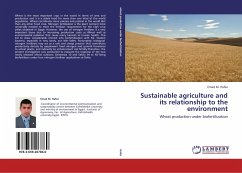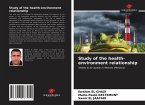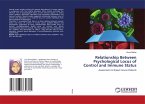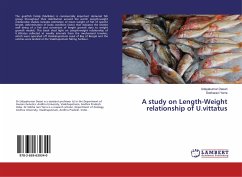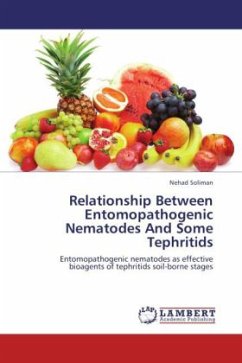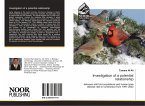Wheat is the most important crop in the world in terms of area and production and it is a stable food for more than one third of the world population. Wheat contributes more calories and protein in the world diet than any other food crop. Nitrogen fertilization is the plant nutrient most universally needed to meet the fertilizer requirement for the high crop yields obtained in Egypt. However, the use of nitrogen fertilizer is a very important tissue due to increasing production costs as Wheat well as environmental pollution that cause many hazards to human health. This led to draw considerable interest into biofertilization with N2- fixation bacteria, especially in new lands, out Nile Valley. Fortunately, biological nitrogen fertilizers may act as a safe and cheap practice that contributes productivity directly by supplement fixed nitrogen and growth hormones to wheat plants, and indirectly by enhancement soil fertility.Therefore, the present investigation was conducted to evaluate the response of the two newly released wheat cultivars; Gemmeiza 10 and Sakha 94 to N2-fixing biofertilizers under four nitrogen fertilizer applications at Delta.
Bitte wählen Sie Ihr Anliegen aus.
Rechnungen
Retourenschein anfordern
Bestellstatus
Storno

